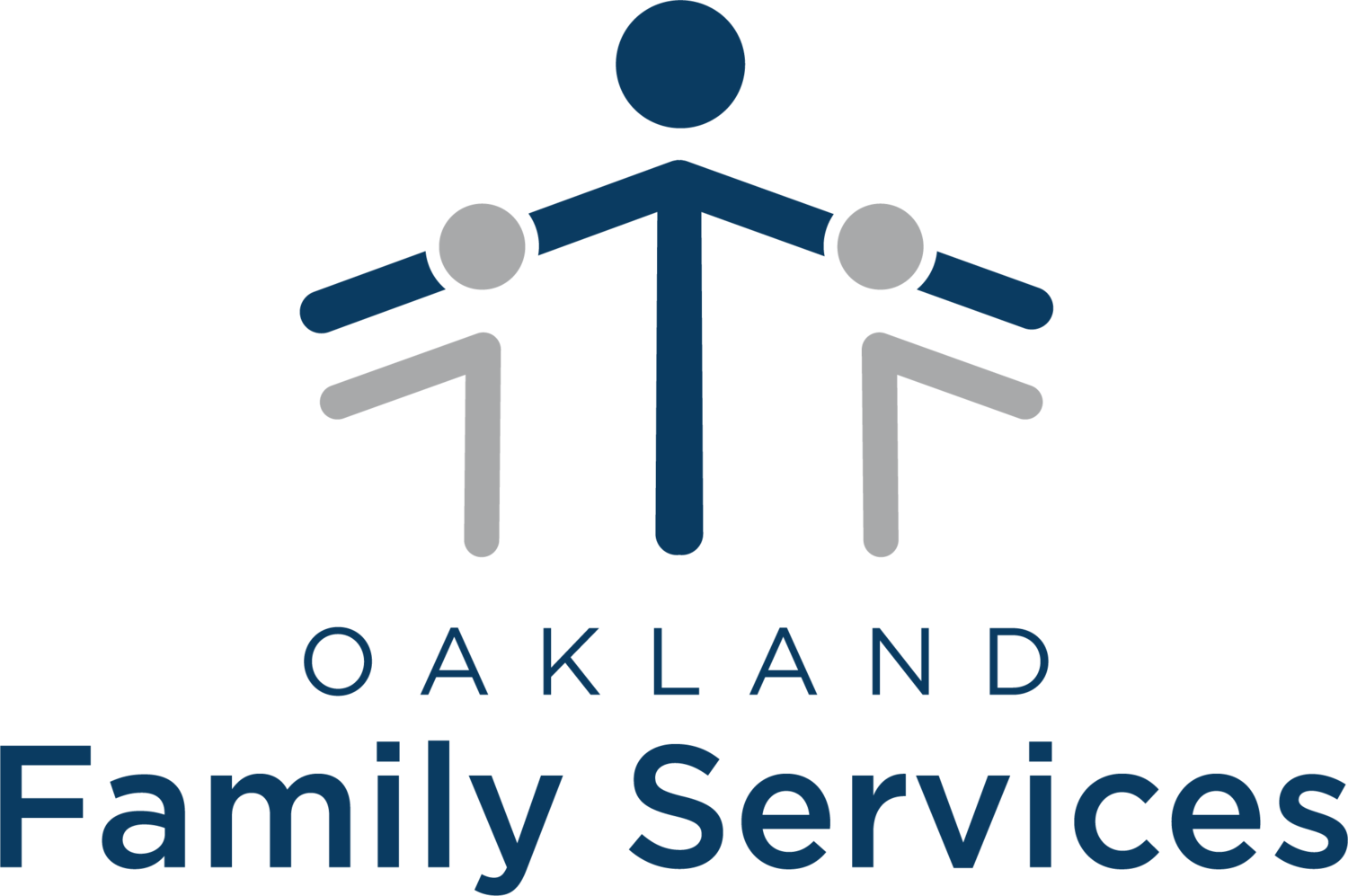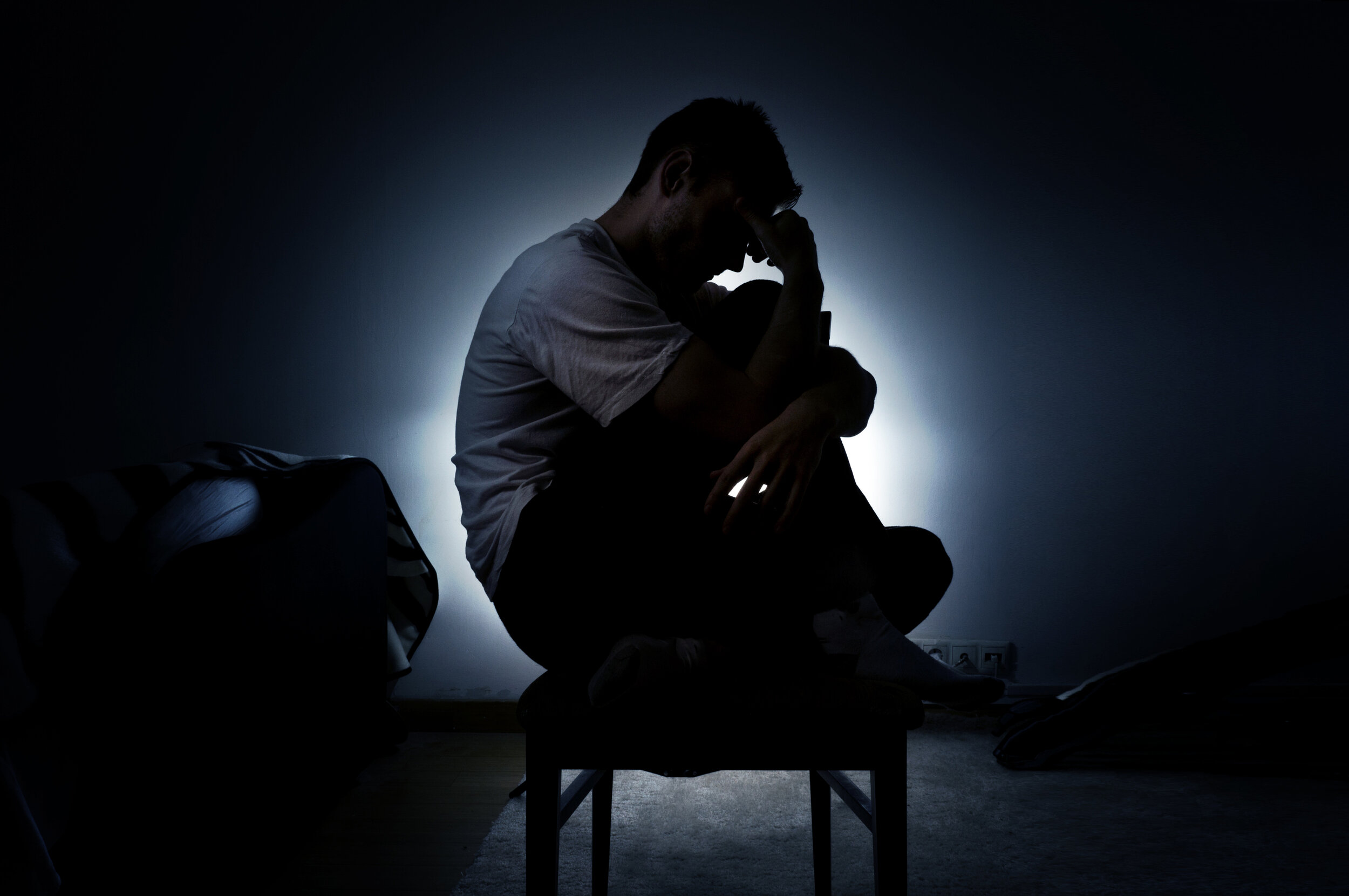Therapy helps man manage paralyzing anxiety and depression
Todd would sit and stare at his computer, barely able to do anything. It was as if he was operating in low power mode — he was awake, but his body didn’t have enough energy to do much. Taking a shower, doing laundry, or other small tasks felt like a massive chore.
Todd’s depression and anxiety was so paralyzing that he spent his days lying in bed watching TV to distract himself from his negative thoughts. Inside his brain raced images of what would happen if his parents died or his house was destroyed. He also constantly worried that people didn’t like him, and he was afraid to make phone calls, even to a friend.
“Getting up to play a video game, which I love, even felt like it was too much for me,” he said. “I felt like I would not get enough enjoyment out of it.”
Looking back now, the 34-year-old Bloomfield Hills man realizes that his anxiety began at a very young age. In elementary school, he struggled with a disability and felt socially awkward and anxious. Friends would come and go, leaving him feeling very isolated and sad.
Todd found his joy in wrestling and planned to become a professional wrestler, but those dreams were crushed when he suffered a neck injury at the age of 26 during a practice match.
“I focused my entire life on wrestling and being a professional wrestler,” he said. “When that was taken away from me, I just lost all purpose.”
Todd’s depression worsened following the injury. He went on disability and continued living with his parents, who don’t get along and struggle with mental health and substance use issues. His mom struggles with alcohol, and his dad is addicted to opioids.
Todd began to realize that he needed to get help for his depression. He had tried different medicines but nothing helped, and he couldn’t afford to pay for treatment. Todd’s younger brother encouraged him to sign up for insurance under the Affordable Care Act, which helped him begin treatment at Day One.
“I was talking to family and friends, but talking to a neutral professional who has different insight is something everyone can take advantage of,” he said. “Friends and family are always going to have an agenda. A healthcare professional’s agenda is to get you better.”
And slowly, Todd is getting better. His depression has improved with proper medication and therapy, and he has learned different strategies to address his anxiety. When he feels anxious he may, for example, focus on his breathing by breathing in for 4 seconds, holding the breath for 7 seconds, and then blowing it out for 8 seconds.
“If I’m having a bad day, it kind of resets me so I can relax for a moment and hopefully be more focused and not feel overwhelmed,” he explained. “It’s like a form of meditation. The breath helps me focus.”
Michelle Harris, behavioral health clinician at Day One, said Todd is able now to see the positives in life a lot easier without the cloud of negativity his depression had been creating.
“Todd has worked hard to go from somebody who was living life in quicksand to being able to motivate himself to do things he enjoys — video games, movies, spending time with friends and seeking new relationships,” she said. “He has even been able to start getting involved in the wrestling world again in different capacities.”
If Todd had not sought help from Day One, he said he wouldn’t be of sound mind, and his life would have been excruciating.
“Now I see someone who is trying,” he said. “Back then trying to do anything was incredibly difficult, even spending time with friends was difficult. It was not something I was able to just do. I can now. I’m able to exercise every day. I can take care of my cats. I would not have been able to take care of them before. I’m not a high functioning, successful person, but I’m better than I was. I’m not constantly staying in bed all day.”
You can help provide hope and healing to our clients by making a donation. Day One, a program of Oakland Family Services, provides mental health and substance use treatment for more than 2,300 people every year.
If you or someone you know is struggling with a mental health issue, contact Day One.

